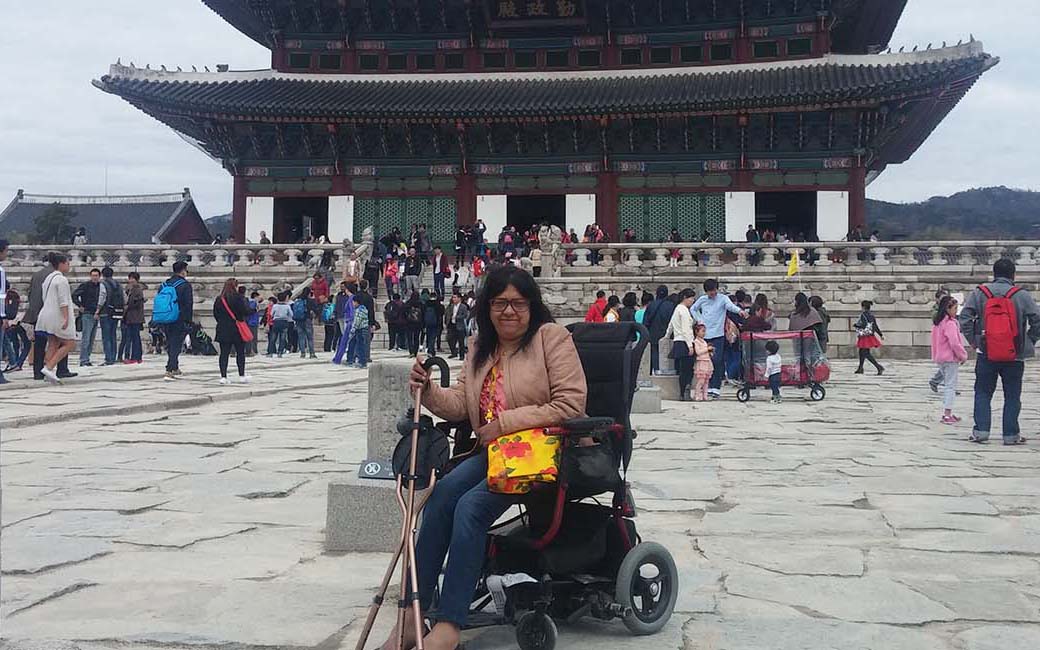How to Support a Loved One with Spina Bifida: Tips for Family and Friends
Caring for someone with spina bifida can be both challenging and rewarding. Here are essential tips for family and friends to support their loved ones in living a fulfilling life with this condition.

Understanding Spina Bifida and Its Challenges
Spina bifida is a birth defect that affects the spine and can lead to varying degrees of disability. The condition can impact physical mobility, bladder and bowel function, and even cognitive abilities. While medical treatments can help manage the condition, emotional and social support from loved ones plays a vital role in enhancing the quality of life for individuals with spina bifida.
If you have a family member or friend living with spina bifida, understanding their challenges and offering the right kind of support can make all the difference. Here are some ways you can help.
1. Educate Yourself About Spina Bifida
One of the best ways to offer support is by learning about spina bifida. Understanding the condition, its complications, and the type of care your loved one may need can help you be more empathetic and prepared. Medical professionals and support groups can provide valuable information on how to care for someone with spina bifida and what to expect.
2. Encourage Independence
While your loved one may face physical or cognitive challenges, it’s important to encourage independence where possible. Help them develop life skills, pursue their interests, and engage in social activities. Independence fosters confidence, boosts self-esteem, and promotes a sense of autonomy, which can have a positive impact on their overall well-being.
3. Offer Emotional Support
Living with a lifelong condition like spina bifida can be emotionally taxing. Your loved one may face periods of frustration, isolation, or even low self-esteem. Being a good listener, offering words of encouragement, and reminding them of their strengths can help them navigate these emotional challenges.
4. Make Accessibility a Priority
Ensure that your home and other environments are accessible to your loved one. This could involve installing ramps, making bathroom modifications, or arranging furniture to allow easy wheelchair access. Creating an accessible space reduces physical barriers and enhances their ability to move around freely and safely.
5. Be Patient and Understanding
Living with spina bifida means there will be both good and difficult days. Sometimes, daily activities may take longer or require extra effort. Patience and understanding from family and friends go a long way in reducing frustration and ensuring your loved one feels supported without being rushed or overwhelmed.
6. Help with Medical Care
Depending on the severity of their condition, your loved one may need ongoing medical care, such as therapy, surgery, or regular checkups. Offering to accompany them to medical appointments, helping with medication management, or assisting with physical therapy exercises can relieve some of the burden and show that you’re there for them.
7. Connect with Support Groups
Spina bifida support groups can offer a wealth of resources, shared experiences, and emotional support for both the person affected and their loved ones. Encouraging your loved one to connect with a support group can provide them with a sense of community and an opportunity to learn from others facing similar challenges.
Conclusion:
Supporting a loved one with spina bifida involves more than just physical care. It requires patience, understanding, emotional support, and fostering their independence. By educating yourself and being mindful of their needs, you can help your loved one live a full, empowered life while managing the challenges of spina bifida. With the right support system, they can navigate obstacles more easily and focus on their strengths and capabilities.
Related
-

Living life on her own terms
-

How to Promote Inclusivity for People with Spina Bifida
-

Where Comfort, Safety and Compassion Meet
-

Inspiring Stories of Athletes with Disabilities: Breaking Barriers
-

Love Without Limits: Navigating Dating with a Disability
-

Triumphing challenges
-

Pammu leads the way!
-

Find Your Inspiration at Mobicrew
-

A young warrior
-

How Mumbai Is Becoming a Hub for Advanced Physical Therapy Treatment
-

How Disabled Youth in Mumbai are Shaping Their Future with Education and Career Opportunities
-

Inspiring Change
-

Embracing Parenthood with Mobility Challenges: A Guide for Parents
-

Winners on wheels
-

Inspiring Journey of a Multi-Talented Wheelchair User









